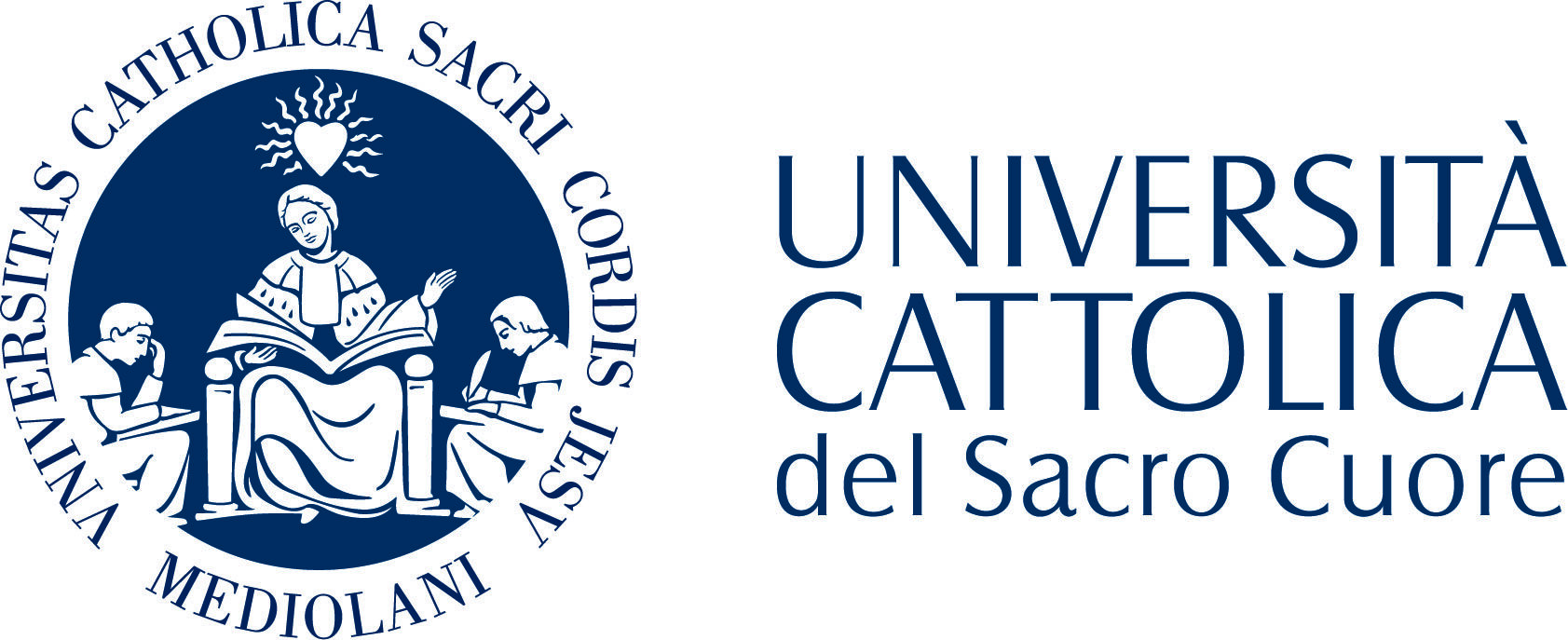dalla Redazione
Il 27 e 28 settembre il Dipartimento di “Literature, Area Studies and European Languages- Faculty of Humanities” dell’Università di Oslo ha organizzato un workshop dal titolo “Erratic bodies, transitional borders, and recent migration in Europe: Representation and identity negotiations in public discourse, literature, and the arts“.
In tale occasione Alice Cati e Maria Francesca Piredda (Università Cattolica), ricercatrici del progetto D3.2 “Migrazioni|Mediazioni: i media e la comunicazione come risorse per l’inclusione dei migranti”, sono intervenute con uno speech dal titolo “The Italian Policies for Migrant Cinema. Modes of Representation and Production in the MigrarArti Project”.

Riportiamo di seguito l’abstract dell’intervento
The Italian Policies for Migrant Cinema. Modes of representation and production in MigrarArti Project
Alice Cati and Maria Francesca Piredda
Affiliation: Università Cattolica del Sacro Cuore, Milan
Discipline: Film Studies
ABSTRACT
It is since 2015 that MiBACT (Italian Ministry of cultural heritage and tourism) has issued MigrArti call for entries, a project which aims to help and promote creative initiatives developed within the cinema, music, theatre and art fields that have been more and more enriched by migrants with their traditions and values into Italian society and culture. The political assumption is to support and permanently focus the government’s attention on integration and intercultural issues, with particular regard to second-generation immigrants. By sharing the European Union cultural policies, Italy is demonstrating its commitment to being engaged with the idea that the arts and cultural projects can create a level playing field to allow people of different cultural backgrounds to interact, learn from each other and from experience. As far as cinema is concerned, the call indicates the activities eligible for the public funding: film festivals related to foreign movies that depict migrant communities; short film productions – both documentaries and fiction narratives – ; audio-visual campaigns. Therefore, MigrArti project can be seen as a reliable gauge of migrants’ participation in social and cultural life through the current Italian practice of cinema.
Given this premise, the aim of this work is threefold: in the first place, the paper wants to provide an analysis of the normative framework underlying MigrArti project in order to deeply understand if a new version of nationality in terms of inclusiveness and cultural plurality is fully embraced. Secondly, focusing on the movies selected in the last edition, it will study the modes of production and distribution by means of interviews to the producers and filmmakers involved in the projects. Finally, the paper aims to explore the iconographic, rhetoric and narrative strategies through which the filmic representation reflects political and social processes of migrant integration.
TOPICS: Italian Film Production – Cultural Policies – Migrant Cinema – Intercultural Dialogue – Migrant Identity
Bibliographical references
Be-Ghiat R., Malia Hom S. (eds), Italian Mobilities, Routledge, London – New York 2016.
Bond E., Bonsaver G., Faloppa F. (eds.), Destination Italy : Representing Migration in Contemporary Media and Narrative, Peter Lang, Bern 2015.
Braden, Su. “Participation: A Promise Unfilfilled? Building Alliance Between People and Government: Action Research for Participatory Representation.” Chronic Poverty Research Center, (2003): 8. Web. 23 December 2016.
De Franceschi L. (ed.). L’Africa in Italia: Per una controstoria postcoloniale del cinema italiano, Aracne, Roma 2013.
Grassilli M., Migrant Cinema: Transnational and Guerilla Practices of Film Production ad Representation, Journal of Ethnic and Migration Studies, Vol. 34, No. 8, November 2008, pp. 1237-1255.
Leurs L. , Ponzanesi S. (eds), Connected migrants, “Popular Communication”, 16(1).
Parati G., Migration Italy : The Art of Talking Back in a Destination Culture, University of Toronto Press, Toronto-Buffalo-London 2005.
